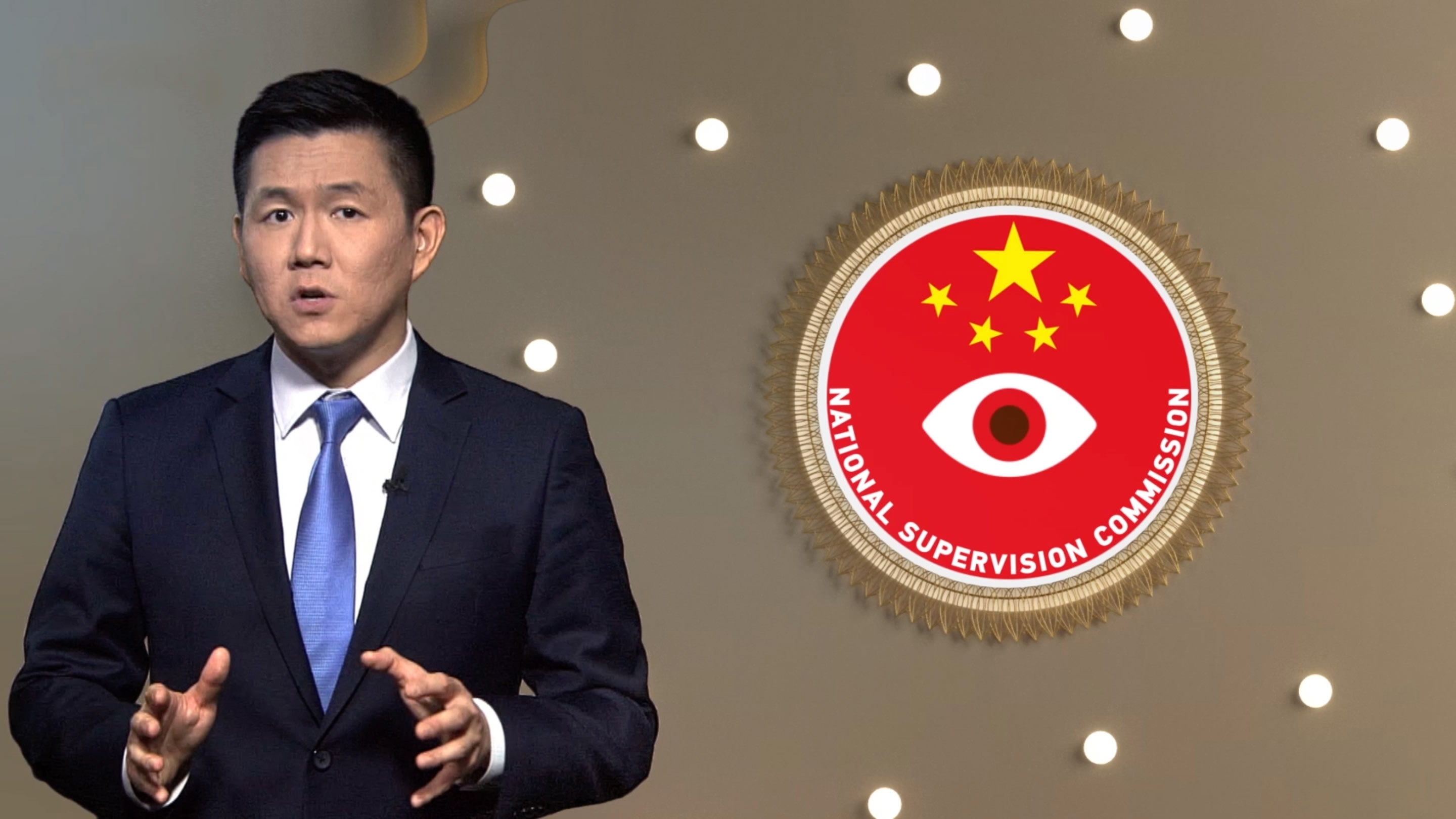
Opinions
09:48, 07-Mar-2018
Inside China’s new anti-corruption 'super body'
By CGTN's Wang Guan

“Power tends to corrupt,” as the old saying goes, which is why Beijing has set up a new institution to deal with it.
The National Supervision Commission is its official name.
It’ll pool resources from the country’s existing anti-corruption bodies, including the Party’s powerful Central Commission on Discipline Inspection, the ministry in charge of government oversight, and parts of China’s top prosecuting body.
Here’s what’s new:
It’ll merge the party-state, dual-track system into one national organization and consolidate bureaucratic functions for oversight, investigation and law-enforcement.
It will also replace the party’s controversial “shuanggui” disciplinary system, which many legal scholars say used extra-legal methods of interrogation, such as coerced confessions, especially at local levels.
President Xi Jinping’s sweeping anti-graft campaign has caught “tigers” as well as “flies,” but can he really put “power in a cage,” as promised?
Some argue local supervisory commissions are still dominated by the Party – the very organization the new commission is supposed to help oversee.
Others seek clarification on Liuzhi (留置) – a new form of detention – and whether it will guarantee due process to detainees and access to lawyers.
It’s tough to judge what hasn’t happened yet, but here’s what we do know.
Oversight expanded from authority mainly over party leaders to all state sector employees.
Statistics from the commission’s pilot programs in three regions show a substantial increase in the number of officials targeted.
While China still has plenty of work to do when it comes to the rule of law, many hope the new National Supervision Commission can help the country slash corruption.

SITEMAP
Copyright © 2018 CGTN. Beijing ICP prepared NO.16065310-3
Copyright © 2018 CGTN. Beijing ICP prepared NO.16065310-3